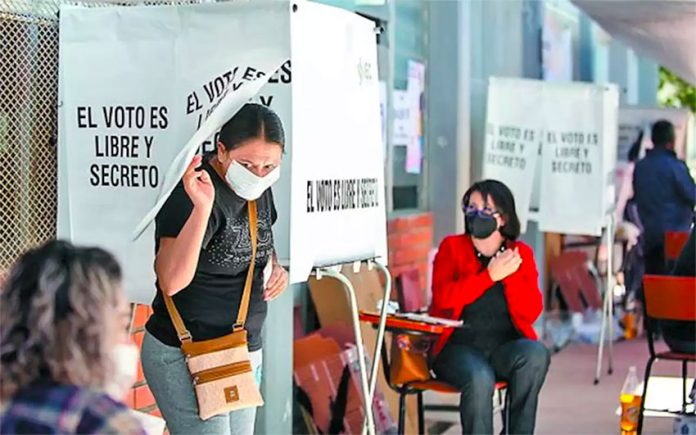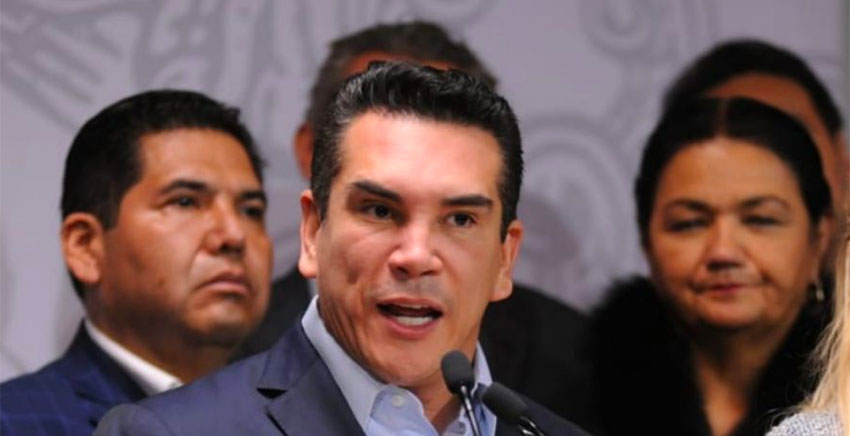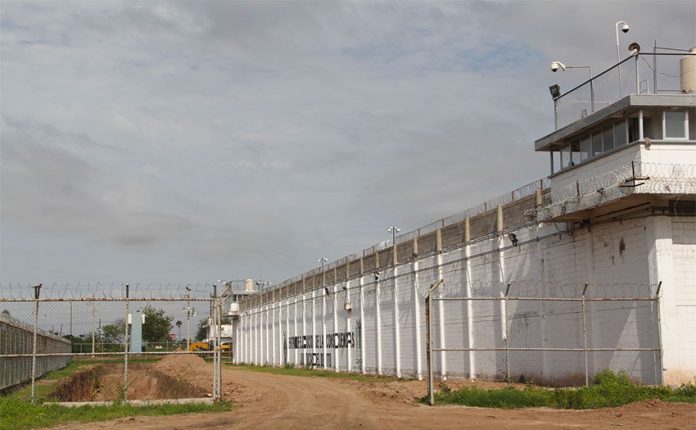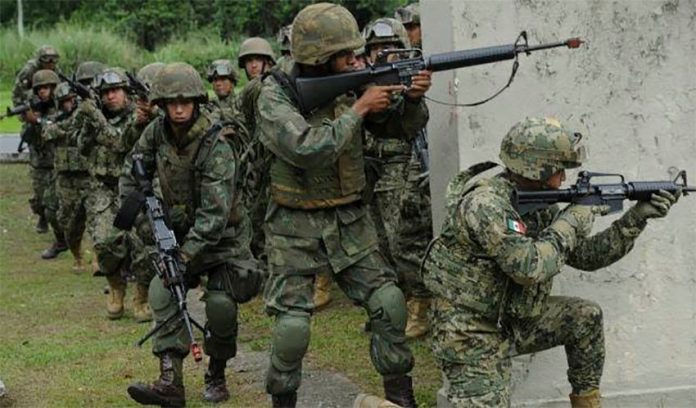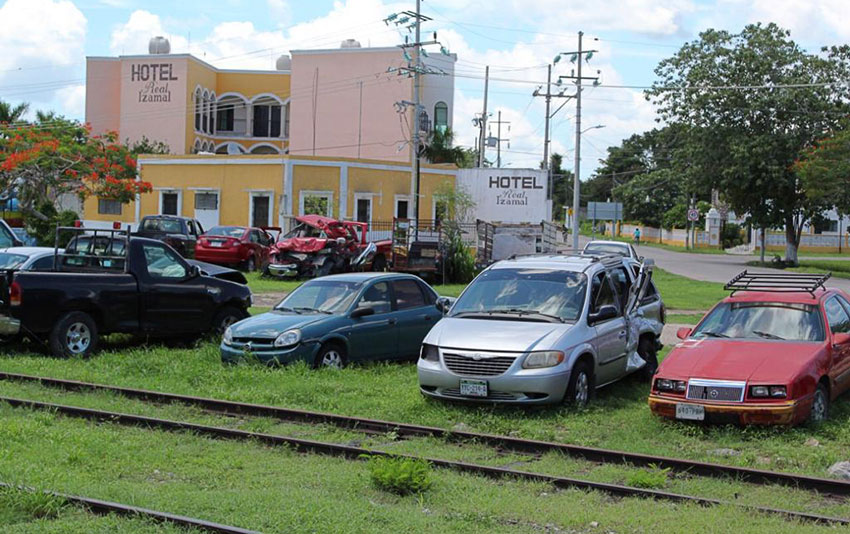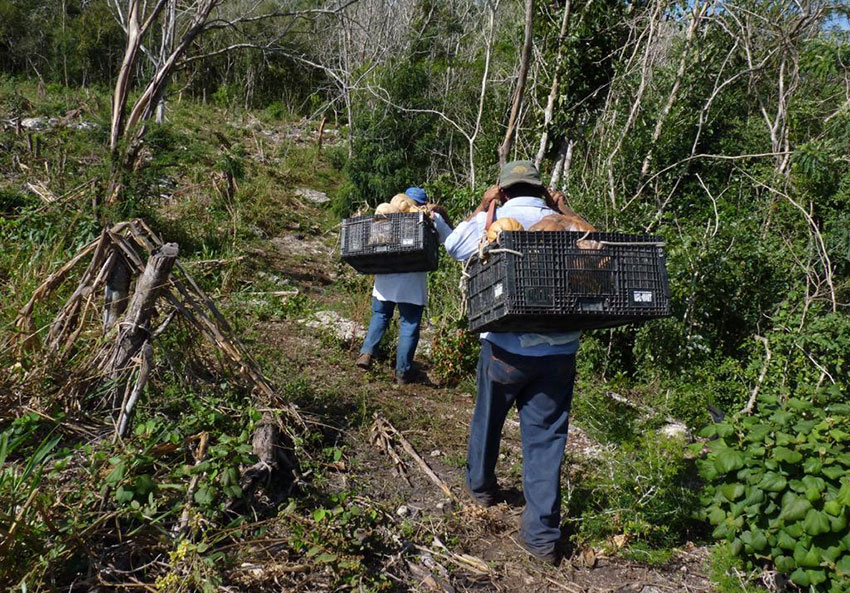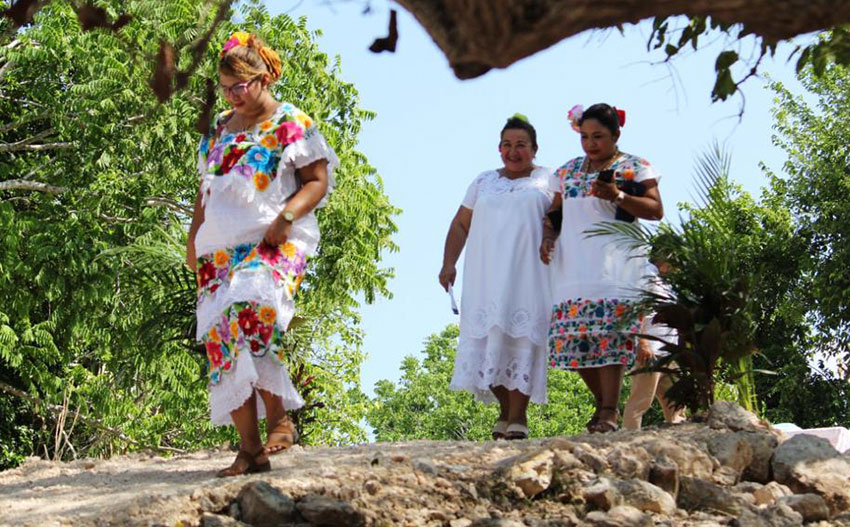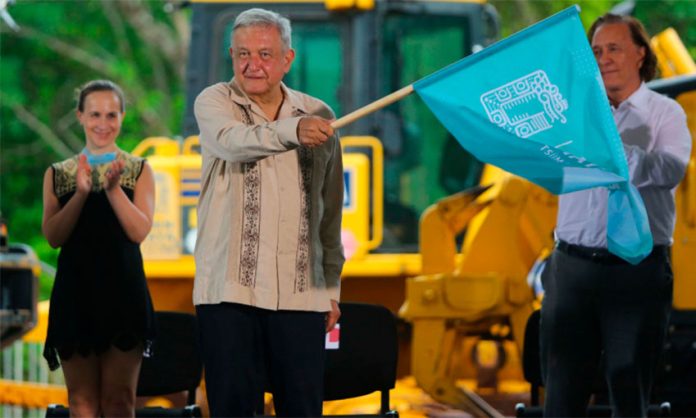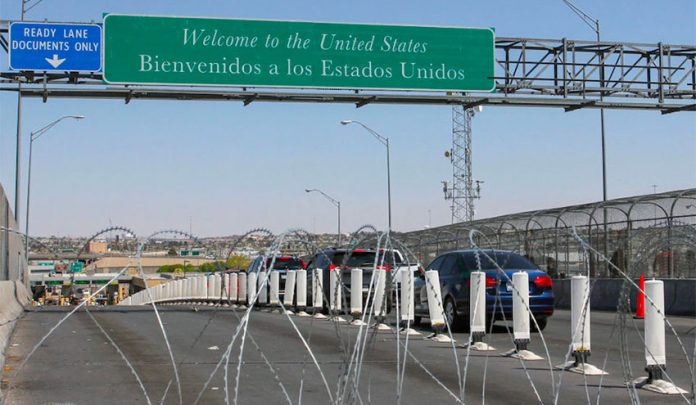True story: I didn’t have my first cup of coffee until I was 35.
It made quite an impression, and I can still remember the experience like it was yesterday. I was on a date, and he suggested we get a cup of coffee before our walk on the beach. I casually said I’d never had one.
“What?!” he said. Off we went to the nearby Harbor Deli, which had a coffee bar with drip coffee. He helped me choose what kind and I added some milk and a little sugar.
I took my first sip … and so began a happy addiction that satisfies me to this day. I have one or two cups in the morning (every morning) of strong espresso made into an Americano, and I’m set. Friends I’ve traveled with know this is my one non-negotiable: there must be, or I must have facility to make, coffee in the morning.
Probably the most asked question about coffee is how best to store it. Still keeping yours in the freezer? Think again. What you want to do is protect fresh-roasted beans from light and air, keep them climate-stable and use them up within two or three weeks after purchase.

This recent and very informative article explains everything in detail.
I’m going to assume the majority of readers living in or visiting Mexico are buying local or regional coffee beans; there’s no reason not to, as Mexican coffee (from Chiapas, Nayarit, Oaxaca, Veracruz and other places) is prized all over the world. How you make your coffee is up to you; everyone has their own preference.
As far as cooking with coffee, recipes abound. Classic Italian tiramisu, waffles, chocolate cake or brownies all benefit from the addition of either brewed coffee or espresso powder. You can mix brewed coffee with horchata, make popsicles or freeze it as ice cubes for use in high-octane iced coffee.
For a decadent whipped cream, follow your favorite recipe but add two teaspoons of instant coffee (for one cup of heavy cream). Coffee also adds a depth and richness to savory dishes like the steak rub recipe below.
And that caffeine high? Scientists say it is indeed real — researchers have even studied bees that prefer plants with naturally occurring caffeine in their nectar. It’s also been shown that caffeine increases focus, memory, learning and alertness, and improves our physical performance as well.
Coffee Granita
- 3 cups strong, hot brewed coffee
- ¾ cup sugar
- 1 tsp. pure vanilla extract
- Optional: 2 tsp. coffee liqueur
- Whipped cream for serving
Combine all ingredients; stir until sugar dissolves. Pour mixture into a 9×13” pan; place in freezer for 1 hour, until mixture starts to become slushy around edges. Rake mixture with a fork to break up crystals and place back in freezer. Repeat every 30 minutes, until completely frozen and granular throughout. Cover tightly and keep frozen for a few hours. Spoon into bowls, add a dollop of whipped cream and serve immediately.
Dublin Danger
- 2 oz. strong brewed coffee
- 2 oz. stout beer
- 1½ oz. Irish whiskey
- ¾ oz. simple syrup
- ½ oz. heavy cream
- Cinnamon
Mix coffee, stout, whiskey and simple syrup in a tall glass. Add ice to fill. Gently pour in cream so it gradually sinks; sprinkle with cinnamon.

Butter Coffee
Be sure to use unsalted butter.
- 2 cups hot coffee
- 2 Tbsp. coconut oil
- 2 Tbsp. unsalted butter
Blend everything in a blender until oil and butter are melted and coffee is frothy.
Ancho & Coffee Steak Rub
Use for NY steak or arrachera.
- 2 Tbsp. ancho chile powder
- 2 Tbsp. finely ground coffee beans
- 5 tsp. dark brown sugar
- 1 Tbsp. smoked paprika
- 1½ tsp. oregano
- 1½ tsp. black pepper
- 1½ tsp. ground coriander
- 1½ tsp. mustard powder
- 1 tsp. chile de árbol powder or ¾ tsp. finely ground red pepper flakes
- 1 tsp. ground ginger
- 1 Tbsp. salt
Mix everything together in a small bowl and coat meat for 2-3 hours before cooking.
Coffee, Banana, Cashew & Cocoa Smoothie
- 1 banana, preferably frozen
- 2 Medjool dates, pitted
- ½ cup brewed, chilled coffee
- ¼ cup raw cashews, preferably soaked overnight
- 3 Tbsp. old-fashioned oats, preferably soaked overnight
- 1 Tbsp. cocoa powder
- Pinch of ground cardamom
- Pinch of salt
Mix everything in a blender with ½ cup ice.
Coffee Crumbs
Serve these delirium-inducing crumbs on top of ice cream or yogurt.
- 6 Tbsp. (¾ stick) unsalted butter, melted
- ¾ cup almond flour or almond meal
- ⅓ cup all-purpose flour
- ⅓ cup sugar
- ¼ cup unsweetened cocoa powder
- ¼ cup ground coffee
- 1 tsp. salt
Preheat oven to 325 F. Combine all ingredients in a bowl; mix well. Spread out crumbs on a cookie sheet. Bake, stirring occasionally, until fragrant and dried out, 15-20 minutes. (They won’t change color.) Let cool. Store in refrigerator.
Brown Sugar Coffee BBQ Sauce
Great on ribs!
- 2 Tbsp. olive oil
- 1¾ cups chopped white onions
- 6 garlic cloves, chopped
- 2 Tbsp. minced, seeded jalapeños
- ½ cup (packed) piloncillo or brown sugar
- 2 Tbsp. chile powder
- 2 Tbsp. molasses or honey
- 2 Tbsp. chopped fresh cilantro
- 1 tsp. ground cumin
- 1 28-oz. can crushed tomatoes with puree
- 1 cup chicken broth
- 1 cup freshly brewed strong coffee
- Salt & pepper
Heat oil in large saucepan over medium-high heat. Add onions, garlic and jalapeño; sauté until onions are tender. Add brown sugar, chile powder, molasses or honey, cilantro and cumin; stir until sugar dissolves. Stir in tomatoes, broth and coffee; bring to boil. Reduce heat and simmer, uncovered and stirring often, until sauce thickens slightly, about 35 minutes. Season with salt and pepper.
Coffee Vinaigrette
- 3 Tbsp. red wine vinegar
- 1 tsp. honey
- 1 tsp. instant espresso powder
- 1/3 cup olive oil
- Salt & pepper
Whisk vinegar, honey and espresso powder until dissolved. Gradually whisk in oil. Season with salt and pepper.
Janet Blaser has been a writer, editor and storyteller her entire life and feels fortunate to be able to write about great food, amazing places, fascinating people and unique events. Her first book, Why We Left: An Anthology of American Women Expats, is available on Amazon. Contact Janet or read her blog at whyweleftamerica.com.

